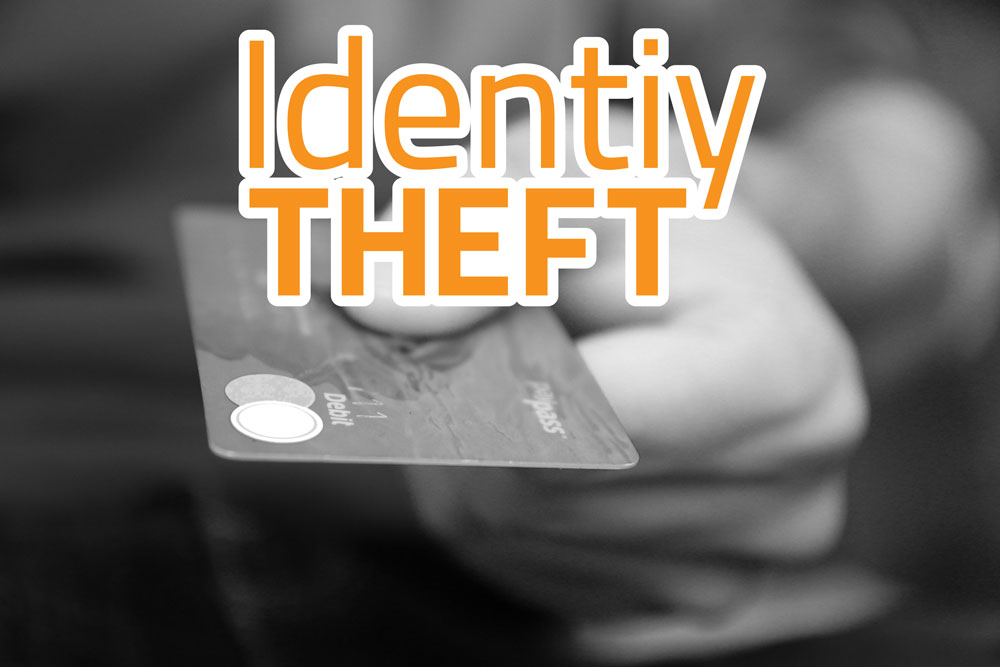We’ve all heard the horror stories about how difficult it is recovering from having your name, Social Security number or credit card numbers stolen. Fortunately, there are steps you can take to help minimize the risk of identity theft.
Check your home mailbox daily, and drop your outgoing mail into a secure postal mailbox only. Also, pay attention to your billing cycles; identity thieves may change your billing address, so a late bill may indicate a problem.
Personal Items
Carry only what you need and keep a list of those items on paper. In the event of a mishap, you’ll know who should be notified and the phone numbers to call to cancel the accounts. If your wallet is lost or stolen, follow these tips:
- Call your credit card company immediately and have that particular card canceled.
- File a police report in the jurisdiction in which your property was stolen. This will help provide proof of immediate action to your credit card providers.
If required to use your Social Security number as an account number, request an alternate identifier.
- Call the three national credit reporting organizations as well as the Social Security Administration so that a fraud alert can be placed on your name and Social Security number. By doing so, any company that checks your credit will know to contact you by phone before approving any credit transactions. Try calling the following numbers:
- Equifax—888-766-0008
- Experian—888-397-3742
- TransUnion—800-680-7289
- Social Security Administration—800-772-1213
Omit your Social Security number and driver’s license number on your bank checks.
Personal Information
Give out information on a “need to know” basis only. Omit your Social Security number and driver’s license number on your bank checks. If required to use your Social Security number as an account number, request an alternate identifier. Finally, invest in a shredder for destroying documents that contain personal information.
Computer and Credit History
Regularly update your virus protection software or use a firewall program. Before you dispose of your old computer, delete personal information by using a “wipe” utility program to “clean” all the information off your hard drive. Lastly, it can take months to learn that someone has applied for credit in your name. To stay up-to-date on your credit history, review your credit record at least once a year.
This Compliance Bulletin is not intended to be exhaustive nor should any discussion or opinions be construed as legal advice. Readers should contact legal counsel for legal advice.

